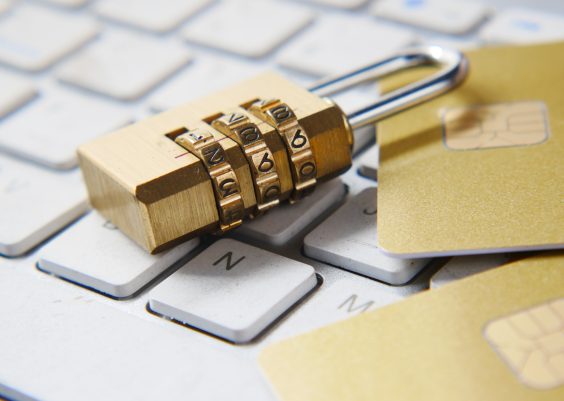In this article, we discuss the importance of creating strong passwords to protect your personal and sensitive information. We provide tips and strategies for creating strong passwords, including the use of password managers and two-factor authentication. Learn how to stay safe and secure in the digital age.
Contents
Understanding Strong Passwords
Before we dive into creating a strong password, let’s first understand what it is. A strong password is one that is difficult to guess, hack, or crack. It is typically a combination of uppercase and lowercase letters, numbers, and special characters. The longer the password, the harder it is to crack.
Creating a Strong Password
Creating a strong password might seem like a daunting task, but it doesn’t have to be. Here are some tips for creating a strong password:
Use a Passphrase
Instead of a single word, consider using a passphrase. A passphrase is a combination of words that are easy to remember but difficult to guess. For example, “MyDogLikesToChaseSquirrels” is a strong passphrase.
Mix Characters
Make sure to use a mix of uppercase and lowercase letters, numbers, and special characters in your password. Use symbols such as @, #, $, %, like @@c6jd1eire78 and & for added complexity.
Strong Passwords Like in the below table:
| @dqjinuvcwzc |
|---|
| qzxeesx5kx8 |
| 4weoqrgrc_o |
| c6jd1eire78 |
| scydnkwifec |
| jvf2-3bpt1k |
| mqmzjf25tsu |
| naoo7d9auxg |
| 4r17o1grdty |
| vcrg2mcqwos |
| mqmzjf25tsu |
| naoo7d9auxg |
| qzxeesx5kx8 |
| ecvfslhs_wa |
| iixy294lunw |
| #@dqjinuvcwzc |
| @tjyfso4y4vk# |
| qvlwgyrzgcm |
Avoid Common Passwords
Avoid using common passwords such as “password,” “123456,” or “qwerty.” These passwords are easy to guess and hack.
Avoid Personal Information
Avoid using personal information such as your name, date of birth, or phone number in your password. This information is easy to guess and can be obtained through social media or other means.
Use a Password Manager
Consider using a password manager to generate and store strong passwords. Password managers are software programs that create complex passwords and store them securely.
Maintaining a Strong Password
Creating a strong password is only the first step. Maintaining it is equally important. Here are some tips for maintaining a strong password like #@__:
Change Your Password Regularly
Change your password regularly, at least every three to six months. This will reduce the risk of your password being compromised.
Don’t Reuse Passwords
Avoid reusing passwords for multiple accounts. If one password is compromised, all your accounts are at risk.
Never share your password with anyone. This includes friends, family, or even IT support personnel. If someone needs access to your account, create a separate account for them.
Enable Two-Factor Authentication
Two-factor authentication adds an extra layer of security to your account. It requires you to enter a code in addition to your password to access your account.
Be Wary of Phishing Scams
Be wary of phishing scams that attempt to trick you into giving up your password. Always double-check the URL and sender’s email address before entering your password.
Frequently Asked Questions (FAQs)
What is a strong password?
A strong password is one that is difficult to guess, hack, or crack. It is typically a combination of uppercase and lowercase letters, numbers, and special characters.
How do I create a strong password?
You can create a strong password by using a passphrase, mixing characters, avoiding common passwords and personal information, using a password manager, and more.
How often should I change my password?
It is recommended to change your password at least every three to six months to reduce the risk of it being compromised.
Can I reuse my password for multiple accounts?
It is not recommended to reuse passwords for multiple accounts. If one password is compromised, all your accounts are at risk.
What is two-factor authentication?
Two-factor authentication is an extra layer of security that requires you to enter a code in addition to your password to access your account. It helps prevent unauthorized access to your account even if someone knows your password.
What is a password manager?
A password manager is a software program that creates complex passwords and stores them securely. It can also help you manage and organize your passwords for different accounts.
Conclusion
Creating and maintaining a strong password is essential in today’s digital world. By following the tips outlined in this article, you can help keep your personal and sensitive information secure. Remember to use a passphrase, mix characters, avoid common passwords and personal information, use a password manager, change your password regularly, don’t reuse passwords, don’t share your password, enable two-factor authentication, and be wary of phishing scams.
By following these tips and utilizing password management tools, you can create and maintain strong passwords to keep your personal and sensitive information safe and secure. Remember to be vigilant and cautious when entering your passwords and always stay up to date with the latest security measures to stay protected.




